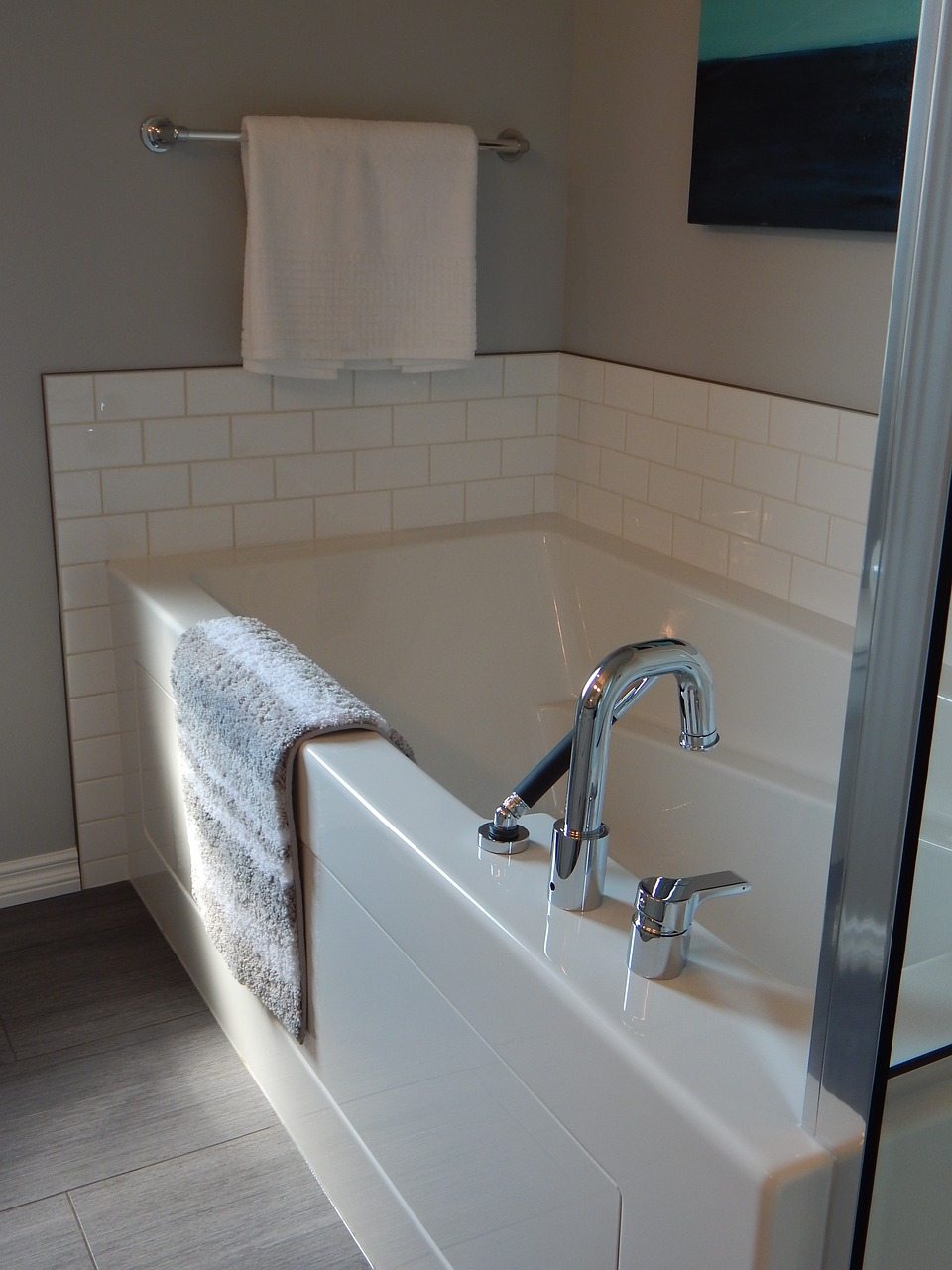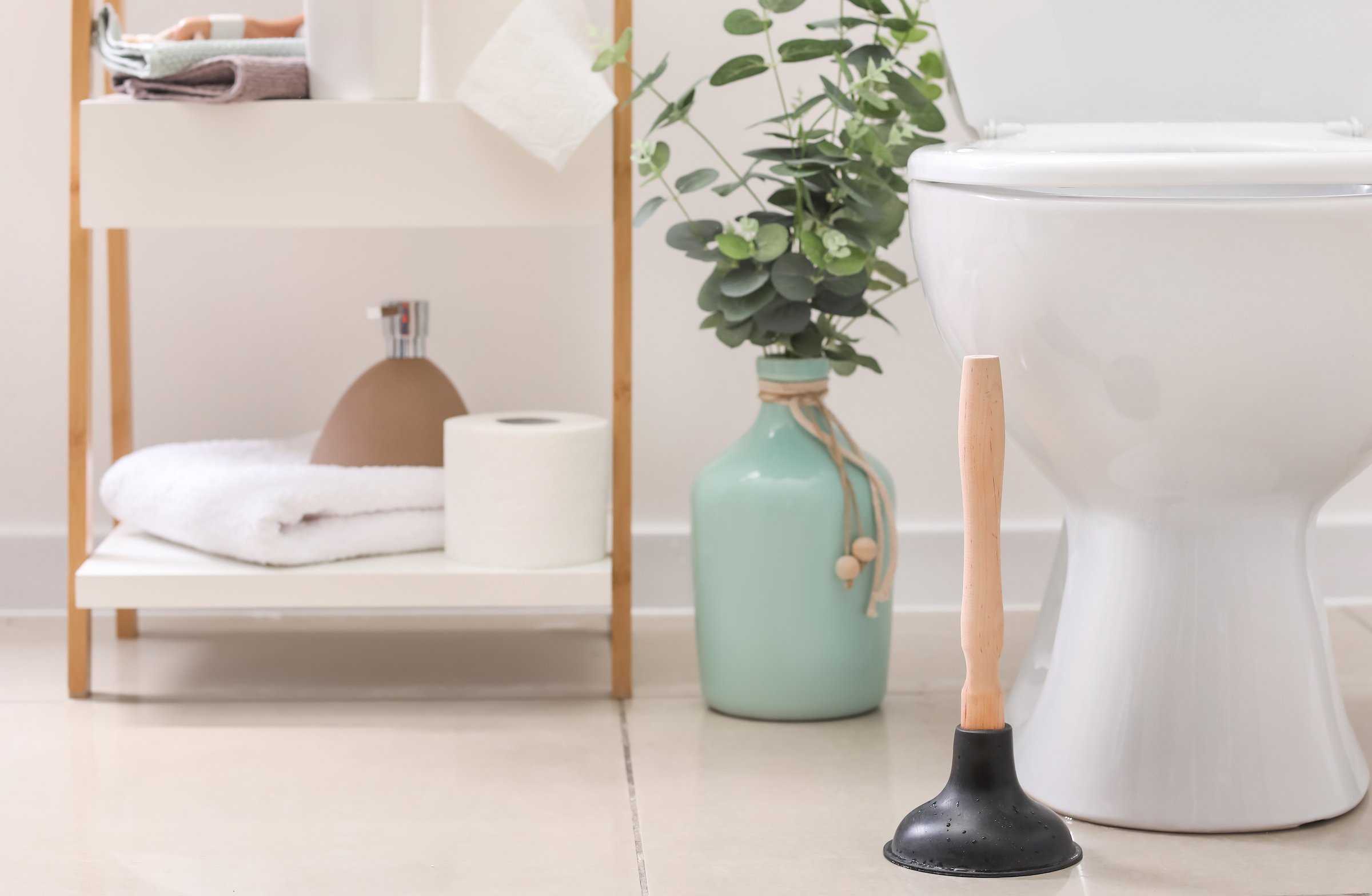Crucial Bathroom Plumbing Tips for First-Time Home Buyers
Crucial Bathroom Plumbing Tips for First-Time Home Buyers
Blog Article
Each person has got their own unique theory involving General Plumbing Tips for New Homeowners.

For brand-new homeowners, understanding and maintaining restroom plumbing can conserve both money and time by protecting against expensive problems down the line. Right here are some crucial washroom pipes pointers to aid you maintain every little thing running efficiently.
Acquaint Yourself with the Key Shut-Off Valve
Knowing where the main water shut-off valve is located in your home is crucial. This allows you to rapidly shut off the water system in case of significant leakages or throughout pipes emergency situations, protecting against extensive water damages.
Consistently Evaluate for Leakages
Little leakages can cause big issues. Consistently check under sinks, around bathrooms, and near pipes fixtures for any signs of leakages. Try to find moisture, small drips, or rust. Catching and fixing leakages early can avoid more significant damages and conserve water.
Don't Ignore Slow Drains Pipes
If your sink or bath tub is draining slowly, it's usually an indicator of an obstruction developing. Addressing this very early can avoid a complete clog. Utilize a plunger or a plumbing's serpent to clean out debris. Stay clear of utilizing chemical drain cleansers as they can damage your pipes with time.
Know What Not to Flush
Bathrooms are not garbage disposals. Prevent flushing anything other than bathroom tissue and human waste. Products like wipes, womanly hygiene items, and cotton swabs need to be thrown away in the trash to avoid obstructions and sewage system backups.
Set Up Strainers in Drains
Place filters in your sink and tub drains pipes to capture hair and various other debris before they enter your pipes system. Cleaning the filters routinely will assist stop accumulation and maintain water streaming openly.
Maintain Your Hot Water Heater
Ensure your water heater is readied to a suitable temperature level (commonly around 120 levels Fahrenheit) to prevent hot and reduce energy usage. Flush the storage tank annually to eliminate debris buildup, which can decrease the performance and life expectancy of your heating system.
Upgrade Your Fixtures
If your home has older components, take into consideration upgrading to a lot more reliable designs. Modern commodes, showerheads, and taps are designed to utilize much less water while giving good stress, which can significantly decrease your water expense and ecological impact.
Beware with Do It Yourself Pipes Fixes
While it's alluring to take care of all home repairs on your own, be cautious with plumbing. Some issues could call for specialist proficiency, especially if they include main water lines or drain repair work. Hiring an expert can often be a lot more economical than do it yourself, particularly if it protects against additional damages.
Prepare for Cold Weather
Secure your pipes from freezing throughout cold weather by insulating pipelines in unheated locations like cellars, attic rooms, and garages. Throughout severe cold, let cold water drip from taps served by subjected pipes to aid prevent freezing.
Arrange Regular Maintenance
Think about scheduling annual examinations with a certified plumbing. They can identify issues that you may miss out on, such as hidden leaks or damage on pipelines and fixtures. Routine maintenance aids expand the life of your pipes system and can stop emergency situations.
Final thought
Comprehending and maintaining your home's restroom plumbing can protect against numerous common problems. By complying with these crucial tips, you can guarantee your restroom continues to be practical and effective, saving you time and money in the long run.
5 Plumbing Tips for First-Time Homeowners
Know How to Shut Off the Water
In most homes, the water can be shut off at two places: at the appliance or fixture itself, and for the whole house. For instance, look under your sink or behind the toilet. See those little knobs that connect with the pipes? Those are the shut off valves for those fixtures. Simply turn them until the water is off. The main shut off valve (which controls water throughout your entire home) will be outside, where the water feeds into the structure. You might need a dedicated tool, such as a water shut-off key, to shut off the water at the main.
Build an Emergency Plumbing Kit
Everyone knows how important it is to have a high-quality plunger around the house. But there are other things that can help you out when issues arise with the pipes. Building an emergency plumbing kit to solve issues on your own is part of any list of basic plumbing tips. Consider adding these things to create a basic plumbing kit:
Adjustable wrench Tongue-and-groove pliers Screwdrivers Plumber’s tape Pipe sealant Duct tape Set of hex keys Clip light for working under cabinets Auger and hand snake Do a Little Research
Many small leaks can be handled by replacing a small part of the piping system, tightening part of a faucet, or even changing out an aerator. Take the time to browse how-to articles for common plumbing problems, such as a running toilet or slow-draining sink. You might be surprised to find how easy it can be to do simple things yourself, like replace a valve in the back of the toilet.
Keep it Simple With No Chemicals
If you have a clog, you might be tempted by the promises of liquid drain cleaner. While this might work at first, it actually causes more damage deep in the pipes, eventually creating even more problems down the road.
Instead, try using baking soda and vinegar to create a strong fizzing effect that can help break up clogs and clear gunk from drains. Follow it with boiling water to clean the pipes even more thoroughly.
Take Care of Your Garbage Disposal
Be cautious about what you put down the disposal. Avoid pouring in fats, oils, and grease, as these are a surefire way to get a clog. Beware of certain foods too, such as celery or bones, as they can lodge in the works. Always run the disposal with water flowing.
https://modernize.com/homeowner-resources/other/10-plumbing-tips-for-first-time-homeowners

Go Company Report this page